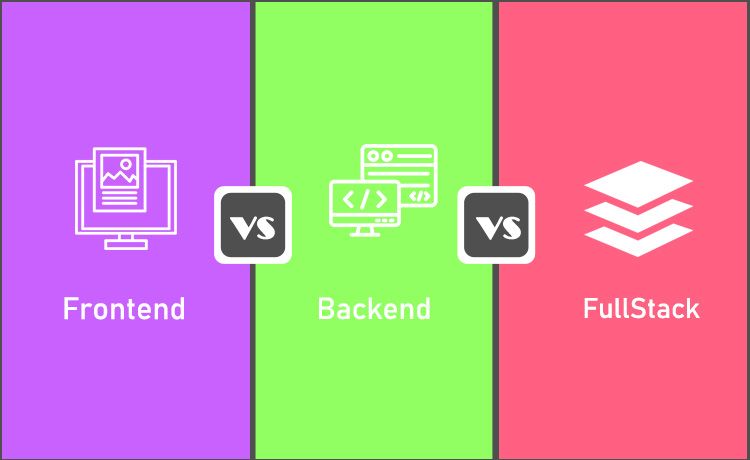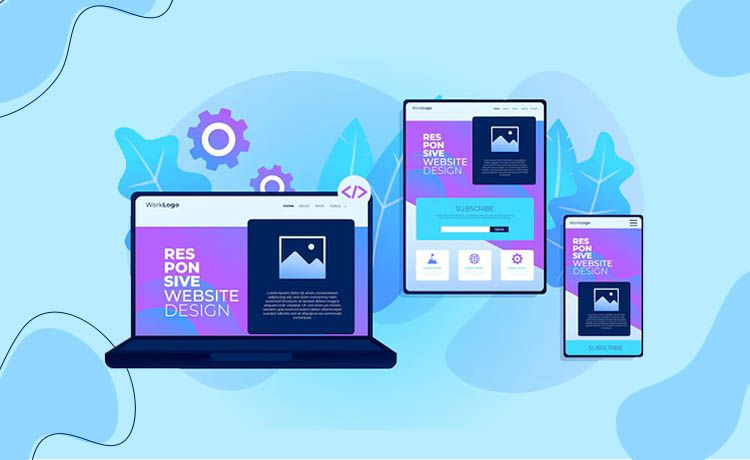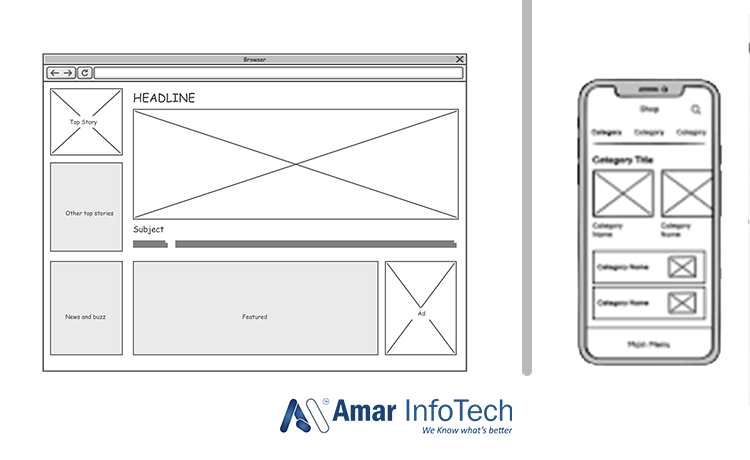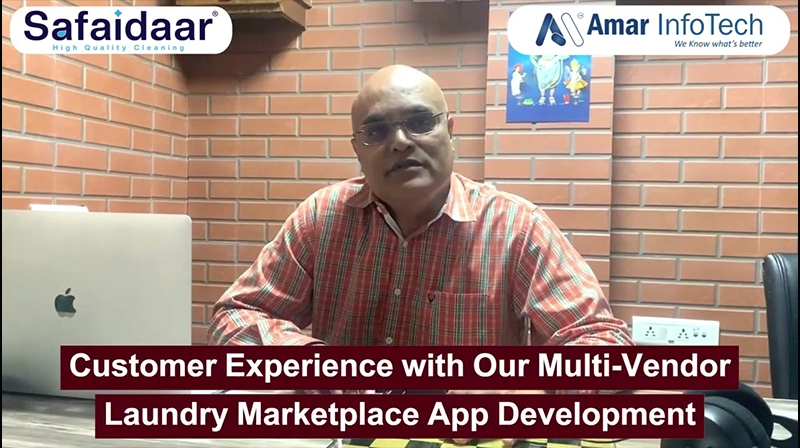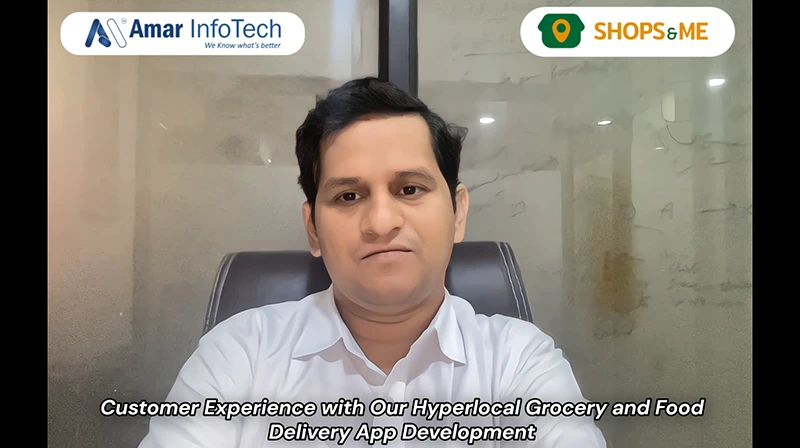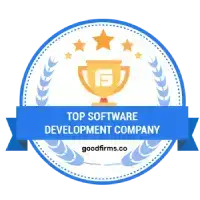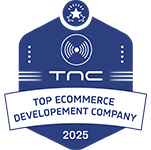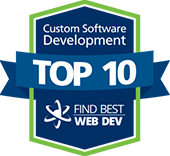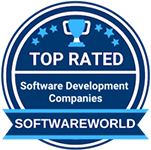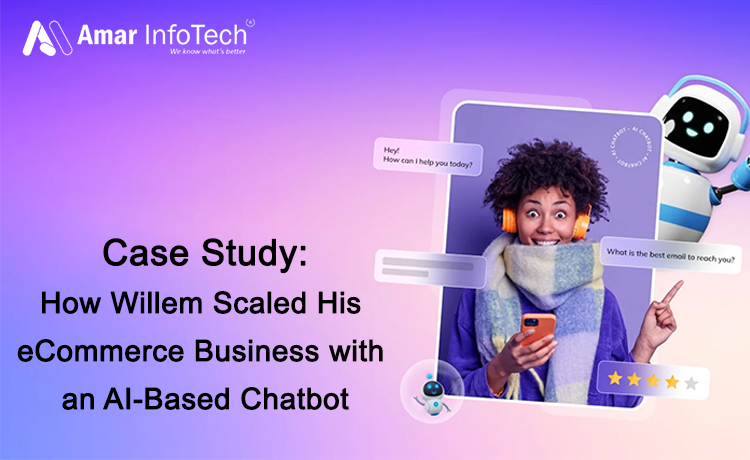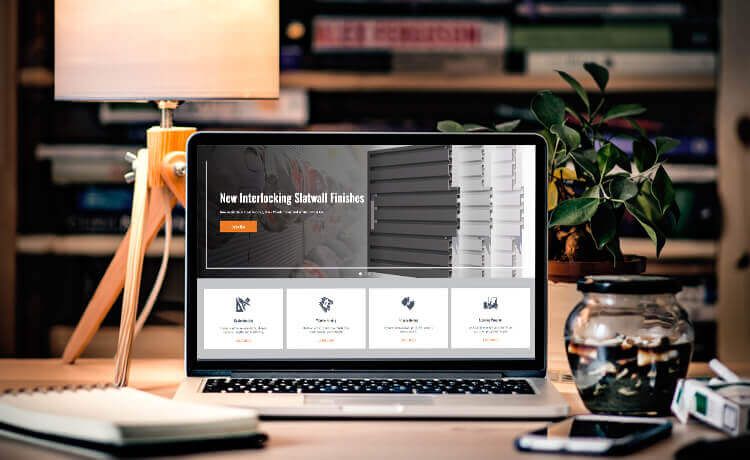Difference Between Front-End & Back-End Developer
Whether you’re cultivating a vague ambition to enter the world of software development, or you've just seen some job listings and found yourself curious about what the different labels mean, it’s understandable to wonder what separates a front end developer from their back end equivalent. And what does end to end full stack development mean? To explain, we’re going to succinctly run through the three titular types, giving you the context you’re looking for. Let’s kick things off, shall we?
Front end: designing what the user sees
When you click on a website, open an app, or bring up any other type of digital interface, you’re presented with a finely-honed interactive system. You can select different options, choose navigation elements, access contextual functions, and generally take action to pursue the goals that brought you to that system. All of those things are the work of front end developers.
What Is a Front-End Developer?
Front end developers are responsible for the polished veneer that sits on top of a complex foundation to make it accessible to people with no (or minimal) technical skills. They need to keenly understand what makes a user interface straightforward and easy to figure out. They also need to maximize performance, knowing that users won’t wait around for slow systems.
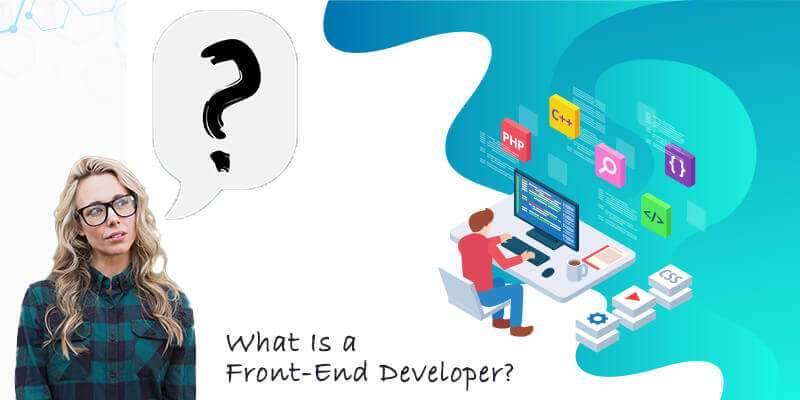
There’s currently a lot of demand for front end developers, due largely to the rise in online entrepreneurs and startups. Drawn to the notion of low-investment success, people launch businesses based on existing systems and templates, so all the functions they need are there: they just need exceptional UIs, which is where front end developers come in.
Back end: laying the foundation
All those options you find on a website only work because they sit atop comprehensive assortments of functions, plugins, templates, and databases. These things are typically arranged through a content management system, or CMS (but not always). Regardless of the specifics, it’s the work of back end developers to design and update those foundations.
What Is a Back-End Developer?
Back end developers typically begin projects, following briefs to code and implement the necessary features. Their goals are efficiency and performance, with the presentation being insignificant — later, once they have everything working, the front end developers will step in to create and finely hone the user interactions.
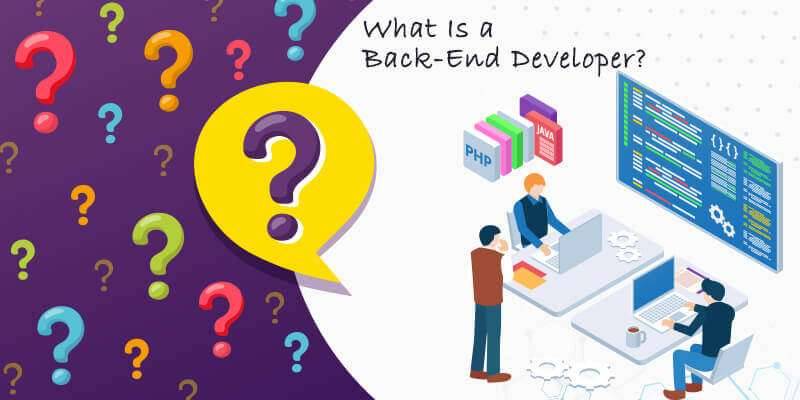
These developers are always important at the enterprise level, where businesses are determined to create original systems with unique functions (and willing to pay heavily for developers with the skills to design them).
Which technologies do different developer types need to know?
The role a particular developer fulfills will significantly affect the technologies with which they need to be familiar, so anyone aspiring to become a specific type of developer will need to tweak their studies accordingly. Let’s take a look at which technologies these developer types need to learn about as a matter of priority:
Front end technologies
- HTML : The foundational language of the internet, HTML is absolutely essential for anyone designing web pages. It’s the first language that any developer should pick up, but mastering it is vitally important for front end developers in particular.
- CSS : To improve efficiency and flexibility, styling elements are often kept out of HTML files and stored in CSS files instead. Since front end developers often need to optimize the aesthetics of their designs, they must understand how to use CSS files effectively.
- JavaScript : The days of static pages are over, and modern sites are expected to be interactive and feature-laden. JavaScript is the core language for creating dynamic elements, and knowing how to use it efficiently is very valuable.
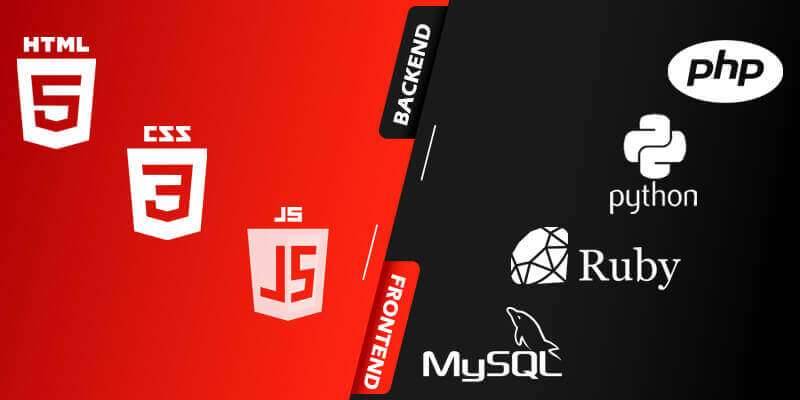
Back end technologies
- PHP : This is a server-side language that ultimately generates HTML to be rendered in a web browser. It can be used to achieve various actions, and is sufficiently close to HTML (due to generating it and being deployed alongside it) that it’s relatively easy to learn.
- Python : This is one of the more popular all-purpose programming languages today, being used for various purposes (building websites, creating apps, even developing complex software suites). This versatility makes it extremely useful.
- Ruby : Despite having similar usefulness to that of Python, Ruby takes a different approach to development, prioritizing elegance over readability. You can work more quickly in Ruby, but it’s harder to debug. Learning them both is empowering. .
- MySQL :Database management remains a core part of back end development, as coders must know how to store and retrieve data. As the most widely-used open-source database management system, MySQL belongs in every developer’s skill set.
Full stack developers don’t have distinct technologies to study, for the most part. Instead, they need to diligently study technologies from both disciplines, and form solid understandings of how they can be used in combination to great effect (the same goes for the frameworks and libraries that we’ll look at next).
Relevant frameworks to check out
Developers don’t always work directly with the languages we just looked at. To save time and improve the utility, they often turn to libraries (assortments of functions) and frameworks (collections of libraries and relevant tools) designed for their languages. Here are some worth knowing:
Front end frameworks
- React : A JavaScript library developed by a software engineer at Facebook, it continues to be updated by the company. It’s built around building high-performance single-page user interfaces, making it great for web apps and utility websites.
- Angular JS : AngularJs is among the best front-end framework in 2020. This was built for TypeScript, a language that offers a different way to generate JavaScript (developers write in TS and compile it into JS). Again used primarily for web pages and apps, it’s also solid for building multi-page interfaces and PWAs.
- jQuery : One of the oldest front-end web development frameworks still in use, jQuery still brings a lot to the table through being very simple to use, having a huge community supporting it, and working with all browsers.
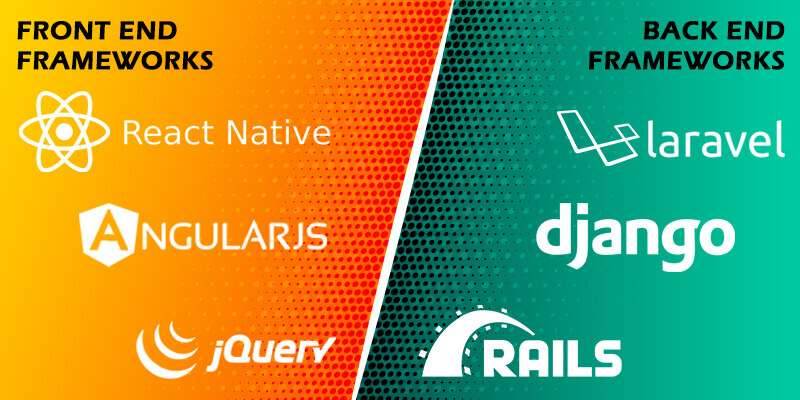
Back end frameworks
- Laravel : An open-source PHP framework, Laravel is intended to make PHP development easier by smoothing out common time-consuming tasks such as authentication and caching.
- Django : Built from Python, Django makes it markedly faster to develop a high-level application or web page. It cuts through a lot of the repetitive elements that can be quite arduous, allowing developers to focus on the creative work.
- Ruby on Rails : As noted, Ruby already works a lot more simply than Python, and Ruby on Rails takes this simplicity to the next level. It isn’t incredibly configurable, but that means it’s faster to learn because it always functions in the same way.
Full stack: doing some of everything
The development process isn’t always as simple as having back end developers build foundations and pass them to front end developers to be made accessible. There’s often a substantial back-and-forth between the two: something in the back end will need to be tweaked to make a front end feature work better, or an aspect of the front end will require an update to better take advantage of the possibilities of the back end.
Full stack developers work on all stages of the development cycle, helping to avoid this time-consuming process. Every time a project is pushed from one team to another, it lags behind somewhat, so having a full stack developer who can do all the edits themselves can be extremely efficient. Their knowledge won’t be as deep, but it will be much broader.
What’s the current market demand for full-stack developers?
Right now there’s a lot of demand for full-stack development, as evidenced by it being one of the most popular tech jobs of 2019. Why is this? Because digital development is becoming more and more valuable for huge companies and startups alike, and having a full stack developer in place (even if they have to work alongside dedicated front end and back end developers) is exceptionally useful, particularly for oversight.
A full-stack developer can handle a small project from beginning to end, getting everything done efficiently and economically. Alternatively, they can handle the management of a larger project, serving as the go-between for a large team. This versatility makes it a truly valuable role.
There you have it: put quite succinctly, the difference between front end, back end, and full-stack software development. Which arrangement you should choose for your development project will depend on how complex it is and where the priority lies: is it most important to have a smooth user interface or is having a powerful and reliable back end the primary goal? Figure out what you need, and invest accordingly.
FAQ :
What is the difference between Front-End & Back-End developer?
Is frontend harder than backend?
What pays more front end or backend?
Is SQL front end or backend?
In the web industry front-end refers to the web design or front-end side, back-end refers to the server-side of the application.
In general, back-end programming work is easier than front-end programming nowadays.
If you are a fresher than both programmers salary makes about the same salary.
SQL is the standard language for relational database management systems which is used to interact with the back end part(database) of the system.
